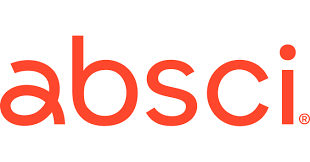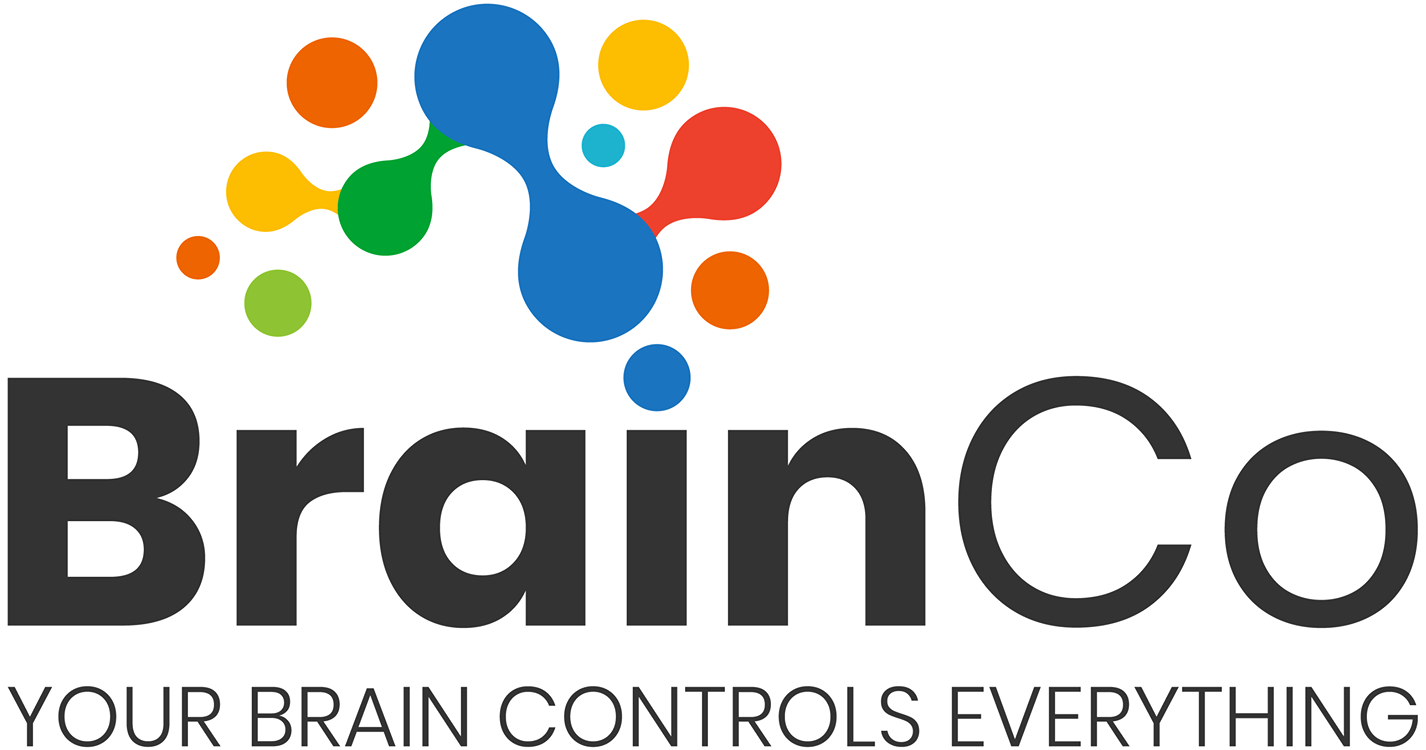





























Developed and deployed 5 smart contracts on Ethereum, reducing transaction costs by 30%
Increased blockchain network throughput by 45% through implementation of sharding techniques
Implemented zero-knowledge proofs to enhance privacy in decentralized applications
Aisha developed a decentralized voting system for a large corporation’s shareholder meetings. The system utilized Ethereum smart contracts to ensure transparency and immutability of votes. This project increased shareholder participation by 40% and significantly reduced the cost and time associated with vote tabulation.
Optimized gas usage in smart contracts, resulting in a 25% reduction in transaction fees
Increased dApp user base by 200% through implementation of user-friendly interfaces and improved UX
Conducted security audits on smart contracts, identifying and mitigating potential vulnerabilities
Liam created a decentralized finance (DeFi) platform for peer-to-peer lending. The platform utilized Solana blockchain for fast transaction processing and low fees. It attracted over 10,000 users within the first month of launch and facilitated $5 million in loans.
Reduced smart contract deployment time by 50% through implementation of automated testing and deployment pipelines
Increased cross-chain interoperability, enabling seamless asset transfer across 3 major blockchain networks
Developed and maintained comprehensive documentation for blockchain protocols and APIs
Natalie led the development of a supply chain management system using Hyperledger Fabric. The system provided end-to-end traceability for a major electronics manufacturer. It reduced product counterfeiting by 80% and improved overall supply chain efficiency by 35%.
Improved smart contract execution speed by 60% through code optimization and use of assembly
Increased node synchronization speed by 40% in a custom blockchain implementation
Contributed to the development of ERC standards for non-fungible tokens (NFTs)
Rahul developed a decentralized marketplace for digital art NFTs. The platform used the Ethereum blockchain for minting and trading NFTs, with IPFS for decentralized storage of artwork. The project processed over $1 million in transactions within its first quarter of operation.
Reduced blockchain storage requirements by 30% through implementation of pruning techniques
Increased transaction throughput by 75% in a permissioned blockchain network
Developed and implemented novel consensus algorithms for improved scalability and energy efficiency
Elena created a blockchain-based solution for verifying academic credentials. The system allowed educational institutions to issue tamper-proof digital certificates on the blockchain. It was adopted by 15 universities in its first year, significantly reducing certificate fraud and streamlining the verification process for employers.
With our extensive candidate network and dynamic team search approach, Redfish recruiters can greatly reduce your time to hire compared to in-house hiring processes.
Redfish recruiters handle every step of the process, including finding talent, screening candidates, scheduling interviews, conducting reference checks, and negotiating the offer, freeing up your in-house HR staff to focus on their other responsibilities.
We form the same in-depth relationships with clients that we establish with candidates, taking the time to fully understand your company and needs and giving each client a single point of contact for all communications.
We understand the roles we recruit for inside and out, whether that’s the technical jargon familiar to engineers and programmers or the skills that make an exceptional sales or marketing hire. When we send along a candidate, you can trust they have what it takes to excel.
With 20+ years in the recruiting industry, Redfish Technology has built an extensive network of connections and candidates, and our reputation precedes us. We’re a recruiting firm top talent wants to work with, giving you access to better talent than you’ll find from other services.



A blockchain developer should be proficient in languages such as Solidity (for Ethereum), Rust (for Solana), Go (for Hyperledger), JavaScript, and Python. Familiarity with C++ can also be beneficial.
Public blockchains are open, decentralized networks accessible to anyone, like Bitcoin or Ethereum. Private blockchains are permissioned networks controlled by a single organization or consortium, often used for enterprise solutions.
A smart contract is a self-executing contract with the terms of the agreement directly written into code. It automatically enforces and executes the terms when predetermined conditions are met, without the need for intermediaries.
Consensus mechanisms are protocols that ensure all nodes in a blockchain network agree on the validity of transactions. They maintain the integrity and security of the blockchain, with popular examples including Proof of Work (PoW) and Proof of Stake (PoS).
Blockchain developers ensure security by conducting thorough code audits, implementing secure coding practices, using formal verification techniques, and staying updated on common vulnerabilities and exploits in blockchain systems.
Gas optimization is crucial for reducing transaction costs on the Ethereum network. Efficient code minimizes the computational resources required, making dApps more cost-effective and user-friendly.
Developers address scalability through various methods, including implementing layer 2 solutions (like Rollups), utilizing sidechains, or exploring alternative consensus mechanisms that can handle higher transaction throughput.
Common tools include development environments like Truffle and Hardhat, testing frameworks like Ganache, version control systems like Git, and blockchain explorers specific to different networks.
Blockchain developers use unit testing for individual functions, integration testing for smart contract interactions, and testnet deployments for real-world simulations. Debugging often involves using specialized tools and blockchain explorers to trace transactions and contract executions.